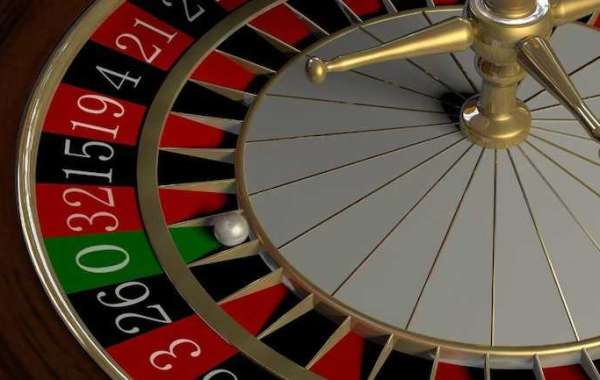Horror cinema has been a staple of the film industry since its inception, captivating audiences with spine-tingling suspense, supernatural creatures, and psychological terror. From the classic monsters of the early 20th century to the mind-bending psychological thrillers of today, this genre has continually evolved, leaving an indelible mark on both film history and our collective nightmares. In this article, we will journey through the history of horror cinema, exploring its evolution and the enduring appeal of its diverse subgenres.The Birth of Horror CinemaHorror cinema has its roots in the silent era, with iconic films like "Nosferatu" (1922) and "The Cabinet of Dr. Caligari" (1920) setting the stage for the genre's future. These early films introduced audiences to timeless monsters like vampires and mad scientists, laying the foundation for the horror genre's enduring popularity.The Universal Monsters EraThe 1930s and 1940s marked the era of Universal Monsters, introducing iconic characters such as Dracula, Frankenstein's Monster, and the Wolf Man. These films, including "Dracula" (1931) and "Bride of Frankenstein" (1935), became classics and established the enduring appeal of monsters in horror cinema.The Golden Age of HorrorThe 1950s and 1960s saw a resurgence of horror cinema, with films like "Psycho" (1960) and "Psycho" (1960) reshaping the genre. Filmmakers began to explore the psychological aspects of fear, paving the way for more complex and nuanced horror narratives.The Slasher Film CrazeThe late 20th century brought about the slasher film craze, characterized by films like "Halloween" (1978) and "Friday the 13th" (1980). These movies introduced masked killers and gruesome murders, creating a new subgenre that would leave an indelible mark on the genre.The Rise of Psychological ThrillersIn recent decades, horror cinema has evolved to include psychological thrillers that delve into the depths of the human psyche. Films like "The Silence of the Lambs" (1991) and "Get Out" (2017) explore themes of identity, morality, and societal fears, offering a fresh perspective on horror that resonates with modern audiences.Horror's Cultural ImpactHorror cinema has not only entertained but also reflected societal anxieties and cultural shifts. It has been a platform for exploring issues such as gender, race, and class, often challenging societal norms and sparking important discussions.ConclusionFrom the classic monsters that haunted early cinema to the psychological thrillers that keep audiences on the edge of their seats today, horror cinema has continuously evolved and adapted to the changing tastes and fears of its viewers. As a genre, it has transcended mere entertainment, becoming a mirror to society's deepest fears and anxieties. As long as there are storytellers willing to delve into the darkest corners of human existence, horror cinema will continue to captivate and terrify audiences around the world, leaving an indelible mark on the history of film. For more information follow the link xnxx video bokep indonesia
Search
Popular Posts
-
 Закажите необходимый диплом или аттестат на оригинальном бланке
By worksale
Закажите необходимый диплом или аттестат на оригинальном бланке
By worksale -
 Key Ebrand The board: Building and Supporting Computerized Brand Value
Key Ebrand The board: Building and Supporting Computerized Brand Value
-
 Beşiktaş Su Kaçağı Tespiti
Beşiktaş Su Kaçağı Tespiti
-
 Není divu, že Real Madrid chce Mbappého, on a Benzema se v této sezóně podíleli na 55 gólech
Není divu, že Real Madrid chce Mbappého, on a Benzema se v této sezóně podíleli na 55 gólech
-
 Looking for Best Interior Designers in Chennai? Discover AA Studio Expertise
By archivitein
Looking for Best Interior Designers in Chennai? Discover AA Studio Expertise
By archivitein



